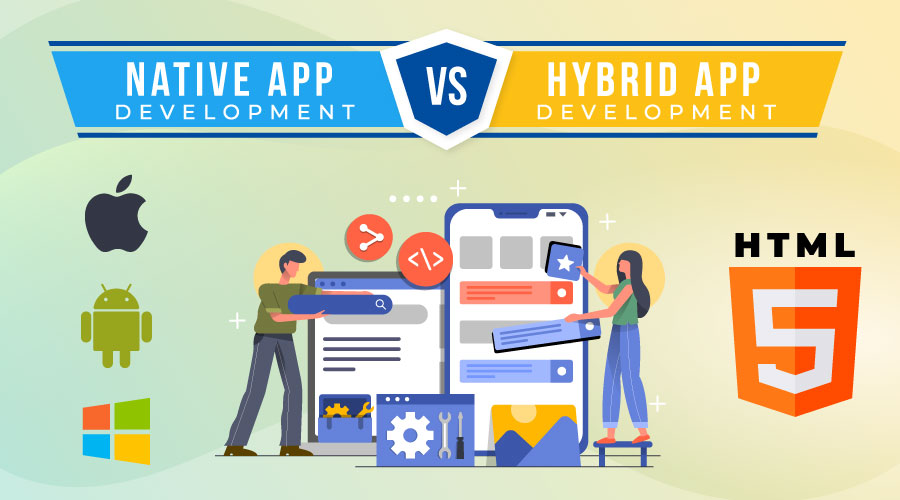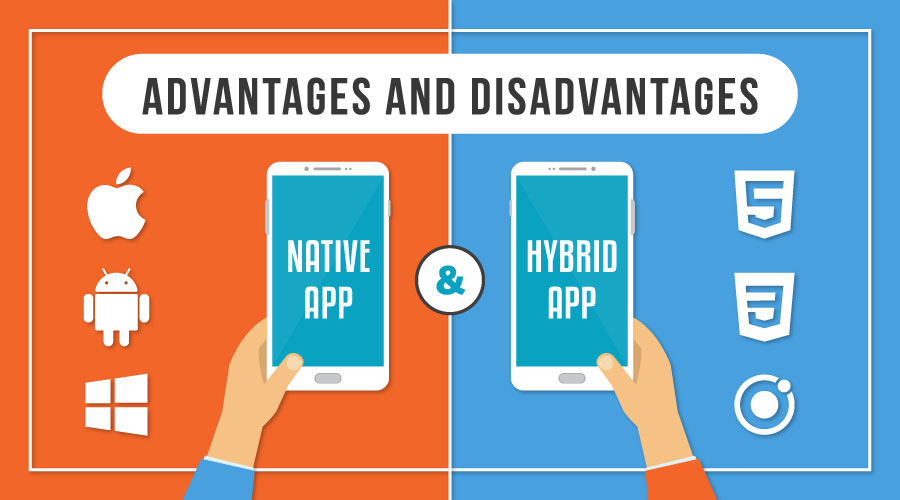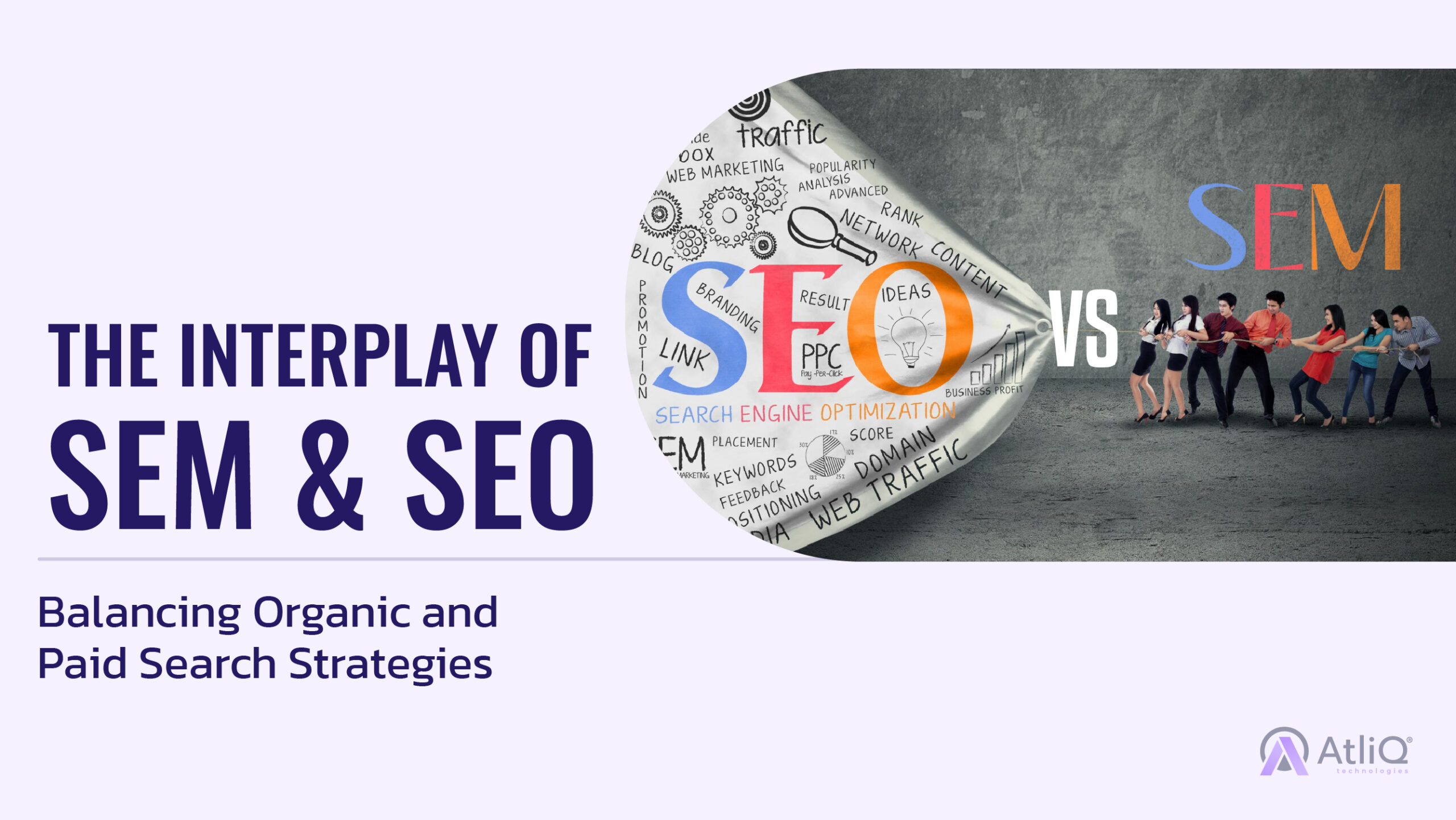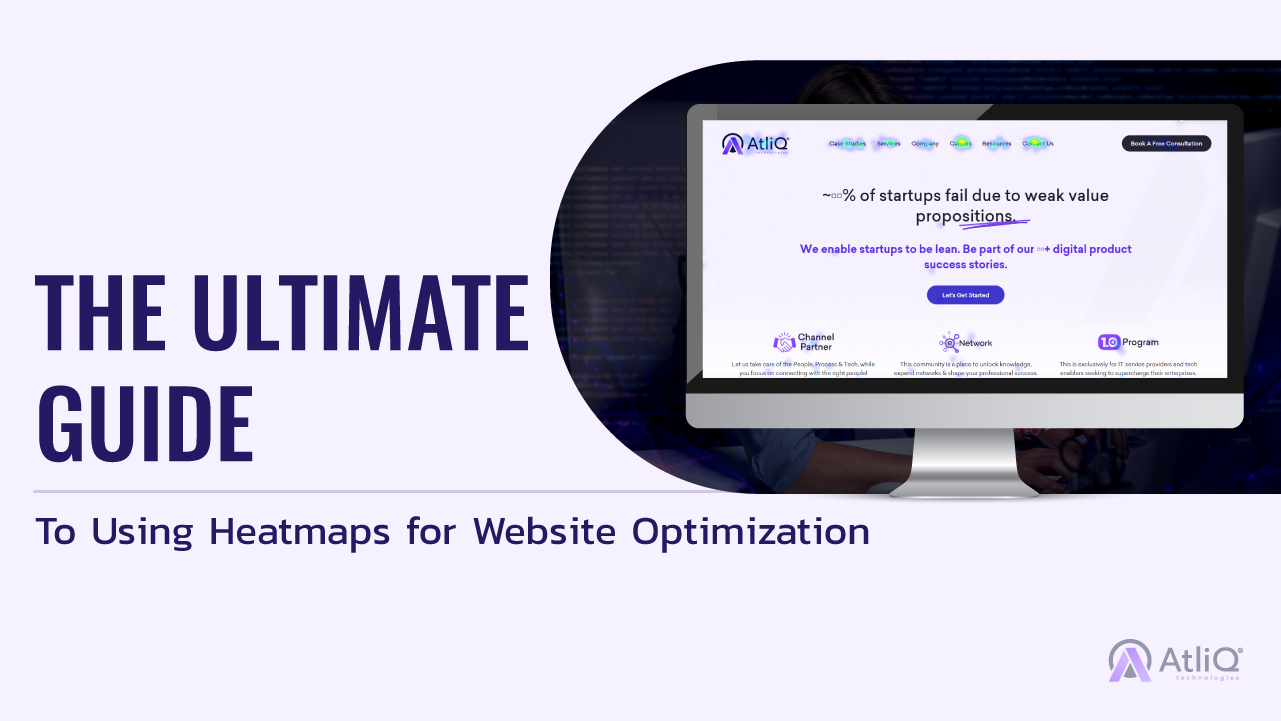Native App Development Vs Hybrid App Development

If you are someone who is into technical or the IT department in an organization than this question is something that you either may already be working on or would have heard around. Native app development or hybrid app development, the technologies, the development, the work, client demands and a lot more.
What is Native App Development:
A native app is a specifically developed application designed for a particular mobile operating system like Java for Android or Swift for IOS.
The app is developed in a defined ecosystem as per the user experience and technical guidelines for the OS or the operating system. Native App development has many advantages apart from being more efficient in performance, it can also deliver a high standard performance. It is compatible with the other native apps as well. The adaptability of a native app is really high as compared to hybrid app development. The speed of the app is thus high with the ease of access as an added advantage.
What is Hybrid App Development :
Hybrid applications are basically websites that have been packaged into a native wrapper. The hybrid app is beyond the basic frame of the app and is powered by company’s website, a web app developed using JavaScript and HTML 5 all wrapped into a native container to load the information on the page as the user navigates and browses.
In hybrid app development, the accessibility to the native features depends primarily on the framework that is adopted. Some of the examples of native features include Camera, Contacts, SMS etc. This does not necessarily mean that these features can only be accessed in the native app. Some of the native features can be used in the hybrid app by pulling native components separately.

Advantages and Disadvantages of a Native App
Advantages of a Native App:
- Native apps are faster and showcase better functionality than those hybrid apps. For HD games, Graphical applications or animations, native apps can provide better support.
- These native apps allow more interaction, intuition and better functioning in terms of user input and output. Moreover, these apps do not necessarily require an internet connection as well as they allow the app developers to acquire the features of a given platform.
Disadvantages of a Native App:
The demerits associated with the native app development are:
- The development time for native apps is slow.
- The development costs for the companies is quite high.
- The investment in the app development process is not worthy of simple apps.
Advantages and Disadvantage of a Hybrid App
Advantages of a Hybrid App:
- The development process for a hybrid app is less expensive.
- The apps can be used on all platforms.
- These apps can provide access to the API of devices thus can acquire the camera, storage, etc.
Disadvantages of a Hybrid App:
The disadvantages of the Hybrid App can be termed as follows:
- These are quite slow as compared to the native apps.
- These are less interactive than native apps.
- They have a high dependency on the third-party wrapper.

Which Platform Will Be Suited for a Good Budget and Why?
Well, if you have a good budget and have some time, just go on with the native app development option for the development company. Nowadays due to the easy availability of the resources, the cost for the development of native apps has dropped as compared to the past.
Native App vs Hybrid App from User’s Experience
The main thing that is to be considered is the user experience. Even most fans of hybrid applications admit that native applications always have an edge over native applications. Native apps are faster, more reliable by its design.
As users navigate through a native mobile app, all the essential elements like the contents, structure as well as the visual elements are already loaded on their phone, thus the speed increases due to instant loading which helps to provide the users with a seamless and better user experience overall.
Contrast to this is the hybrid app that has only a wrapper downloaded on the user’s phone which may not contain various navigational elements. Thus most of the data is to be loaded from the server which impacts the speed of loading and indeed impacts the user experience.
But if the time frame for development is less and the app is to be tested in a limited private market, then hybrid development is a good option to use. If the test turns out to be successful then switch to native as soon as you can so as to show it to the world on a larger scale. If in case, it does not work, then you have saved your time, money and efforts.
Conclusion: So next time, struck in the situation of which option to go for, just look for the time frame, budget, capabilities as well as adaptability and then go for what suits you the best.



